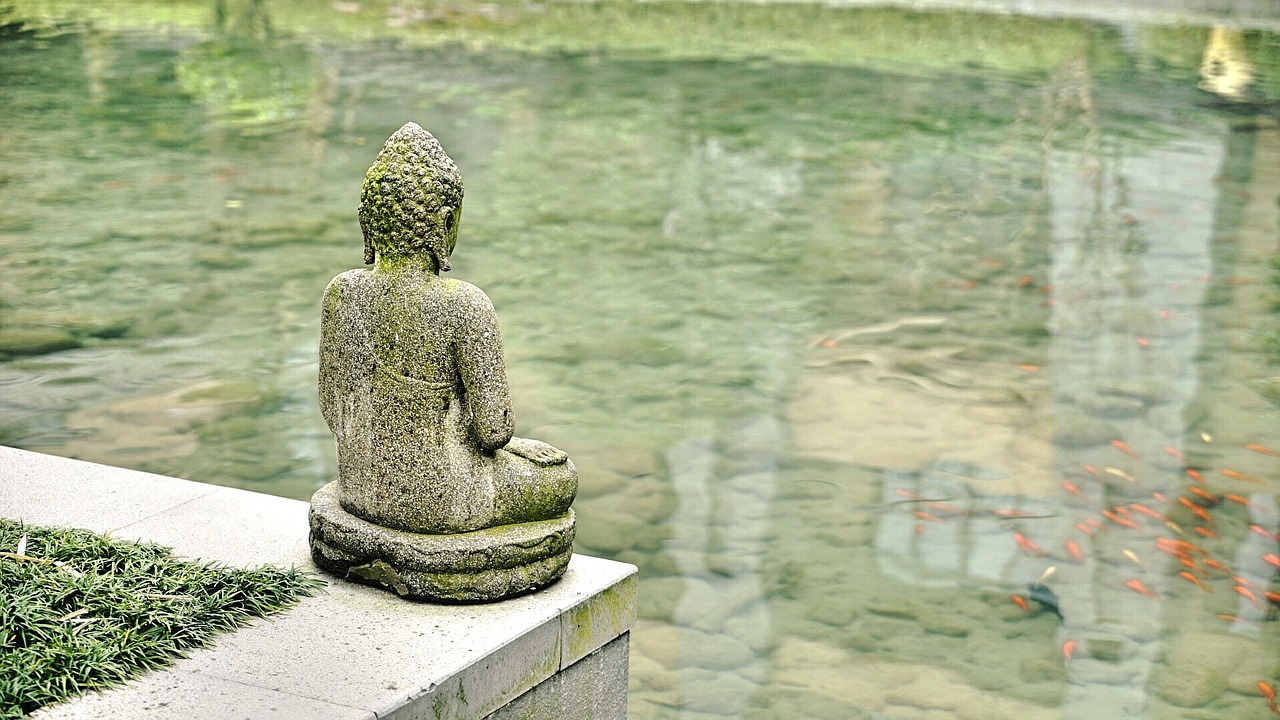In the 2001 census, 0.8% of the UK population pronounced themselves followers of Jediism, surpassing Judaism (0.5%), Buddhism (0.28%) and Sikhism (0.63%).
Jediism is inspired by the Star Wars films, in particular the fictional religion of the Jedi. The Jedi are teachers, diplomats and warriors, who value wisdom. The Jedi serve others; they respect all life, strive for peace and fight only in self-defence and to defend those they protect.
Recently, the (real life) Temple of the Jedi Order applied to the UK Charity Commission to become a Charitable Incorporated Organisation. One of criteria to become a charitable organisation is the advancement of religion. So, is Jediism actually a religion? The Charity Commission said not.
What counts as ‘a religion’?

This issue was recently considered by the UK Supreme Court (R (Hodkin & Anor) v Registrar General of Births Deaths and Marriages), which decided that the Church of Scientology did constitute a religion for the purposes of registering the Central London Chapel as a place of religious worship.
The Court said that the key characteristics of a religion are:
- Belief in one or more gods or spiritual or non-secular principles or things;
- A relationship with the gods, principles or things, expressed by worship, reverence and adoration… or by some other religious rite or service;
- Cogency, cohesion, seriousness and importance in the form of a belief system;
- Doctrines and practices which are capable of providing moral and ethical value or edification to the public.
Why was Jediism not considered a religion?

The Charity Commission looked at all these criteria and said that Jediism did not fulfil them:
- Jediism is open to spiritual awareness but can be followed as a secular belief system. This meant Jediism lacked the necessary spiritual or non-secular element.
- The Temple of the Jedi Order is an entirely web-based community where “anyone [can] explore non-denominational spirituality.” The Commission said this demonstrated Jediism is a lifestyle choice rather than a religion.
- The Jedi Order allows individuals to pursue Jediism in many different ways. The Commission said that each individual’s ability to develop themselves within a loose framework and follow an individual way of life meant that the belief system of the Jedi was not sufficiently cogent or cohesive.
- Finally, the Commission said that although Jediism draws on moral and ethical frameworks from many accepted religions, the lack of structure and coherence means it cannot promote practices which provide moral and ethical value or improvement for the benefit of the public.
What does this have to do with human rights?

Article 9 of the European Convention on Human Rights, which takes effect in UK law through the Human Rights Act, provides everyone with an absolute right to freedom of thought, conscience and religion (which is not subject to any limitations) and a qualified right to manifest (practice) their religion or beliefs. The qualified right is subject to limitations set out in law which are justified and proportionate.
Certain practices which constitute a manifestation of your religion or belief may be protected by human rights laws. For example, if you want to wear a cross at work or a headscarf at school, your employer or headteacher will need legitimate reasons to stop you.
In a case called Campbell & Cosans v UK (referred to by the Charity Commission), the European Court of Human Rights (ECtHR) said that corporal punishment in schools was contrary to parents’ religious and philosophical convictions (for the purposes of the right to education). The ECtHR said that a ‘conviction’ or ‘belief’ must be more than a mere opinion or deeply held feeling. The individual must hold spiritual or philosophical convictions with an identifiable formal content.
Similarly in Nicholson v Grainger an employee was found to have been discriminated against on the ground of ‘religion or belief’ because of his firmly held views about the environment and climate change. The court said that a belief, for the purposes of discrimination law, had to be:
- Genuinely held;
- Not simply an opinion or viewpoint based on information presently available;
- A belief as to a weighty and substantial aspect of human life and behaviour;
- At a certain level of cogency, seriousness, cohesion and importance;
- Worthy of respect in a democratic society, and compatible with human dignity and the rights of others.
So it looks like the beliefs of the Jedi may have a little way to go to get protection in human rights law.
For the full report, see here.
For more opinions and comments see: Law and Religion UK and BBC.
- Read RightsInfo’s explainer on the freedom of religion and belief.
- Take a look at our infographic poster on freedom of thought, conscience and religion.
- Subscribe to RightsInfo and follow us on Facebook and Twitter for more human rights news, views and information.







